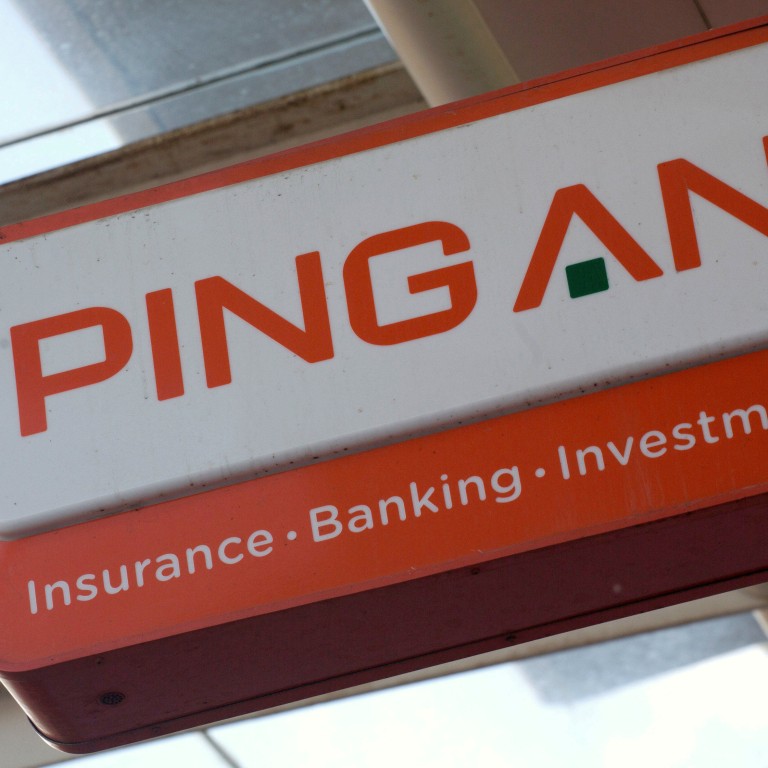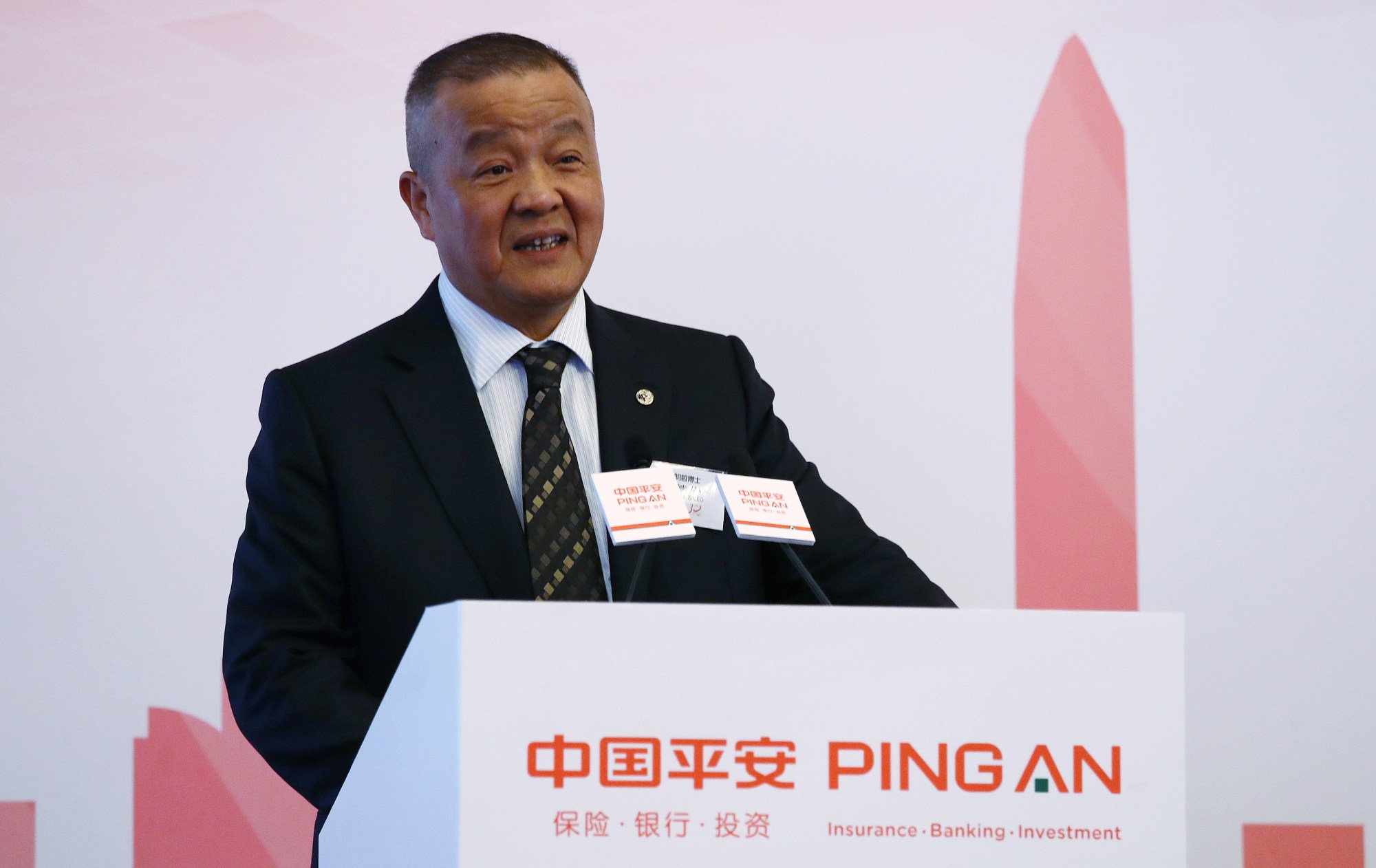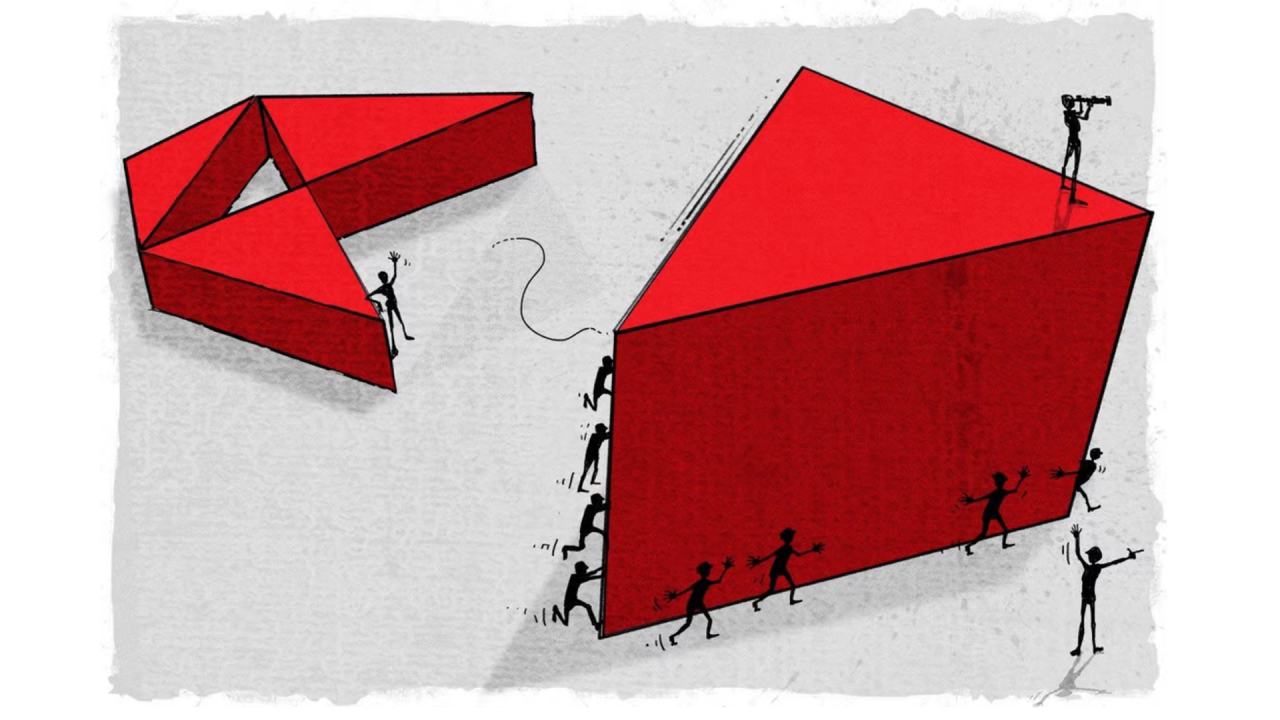
Ping An’s first-half profit falls 1% as strong new policy sales offset by falling asset management, tech earnings
- China’s largest insurer reported an interim profit of 69.84 billion yuan (US$9.58 billion)
- Value of new business surged by 45 per cent on the back of demand for insurer’s saving products, beating Credit Suisse forecast
The value of new business in Ping An’s life and health insurance divisions, a key measure of sales and future growth, rose 45 per cent in the first six months to 25.96 billion yuan, beating the 29 per cent growth estimated by Credit Suisse.
The increase was driven by strong sales of savings products by Ping An’s agents who were free to travel to meet clients, having been grounded by Covid-19 restrictions a year earlier.
The company’s property and casualty insurance business generated a 7.4 per cent increase in profit to 9.29 billion yuan while its banking arm enjoyed a 14.9 per cent rise to 25.39 billion yuan.

“Despite new challenges to economic growth and continued pressure on growth stabilisation, we remain firmly optimistic about the positive long-term fundamentals of China’s economy as well as the great potential of China’s insurance and financial markets,” said chairman Peter Ma Mingzhe in a results announcement to the Hong Kong stock exchange on Tuesday.
“Ping An will improve the quality and efficiency of serving the real economy by boosting domestic demand and consumption.”
The Shenzhen-based insurer said it will pay an interim dividend of 0.93 yuan per share, 1.1 per cent higher than a year earlier.
Mainland Chinese banks cut their deposit rates by 5 to 15 basis points in June, the second cut in less than a year, in an attempt to increase lending and bolster economic activity.
“We believe cuts to bank deposit rates have also helped gross written premium growth [of mainland insurers], particularly savings-type and bancassurance products,” Lawrence Chen, an analyst at CCB International, wrote in a research note before the results announcement.
“We project further expansion in first-year premiums for the full year [for Ping An], led by bancassurance and savings product sales alongside a more gradual recovery in agency business as the job market improves.”
Ping An Bank lends US$25 million for carbon capture project in steel sector
Of the insurer’s 4.37 trillion yuan (US$633.9 billion) investment portfolio at the end of last year, real estate accounted for 4.7 per cent, or 205.4 billion yuan, with 60 per cent invested in physical buildings, an increase of 10 percentage points from two years ago. The rest was in equities or bonds issued by developers or other property assets.
Credit Suisse is positive about Ping An’s outlook.
“Looking ahead, we do not expect a significant rebound in agency headcount, as the insurer no longer adopts the massive recruitment model,” the Swiss bank said in a report ahead of the announcement. “Instead, the company prioritises agency productivity improvement.”
Ping An’s shares rose 3 per cent to close at HK$46.85 on Tuesday before the results were released after the market close. The shares have dropped 9 per cent year to date, in line with the 6 per cent decline of the Hang Seng Index.


